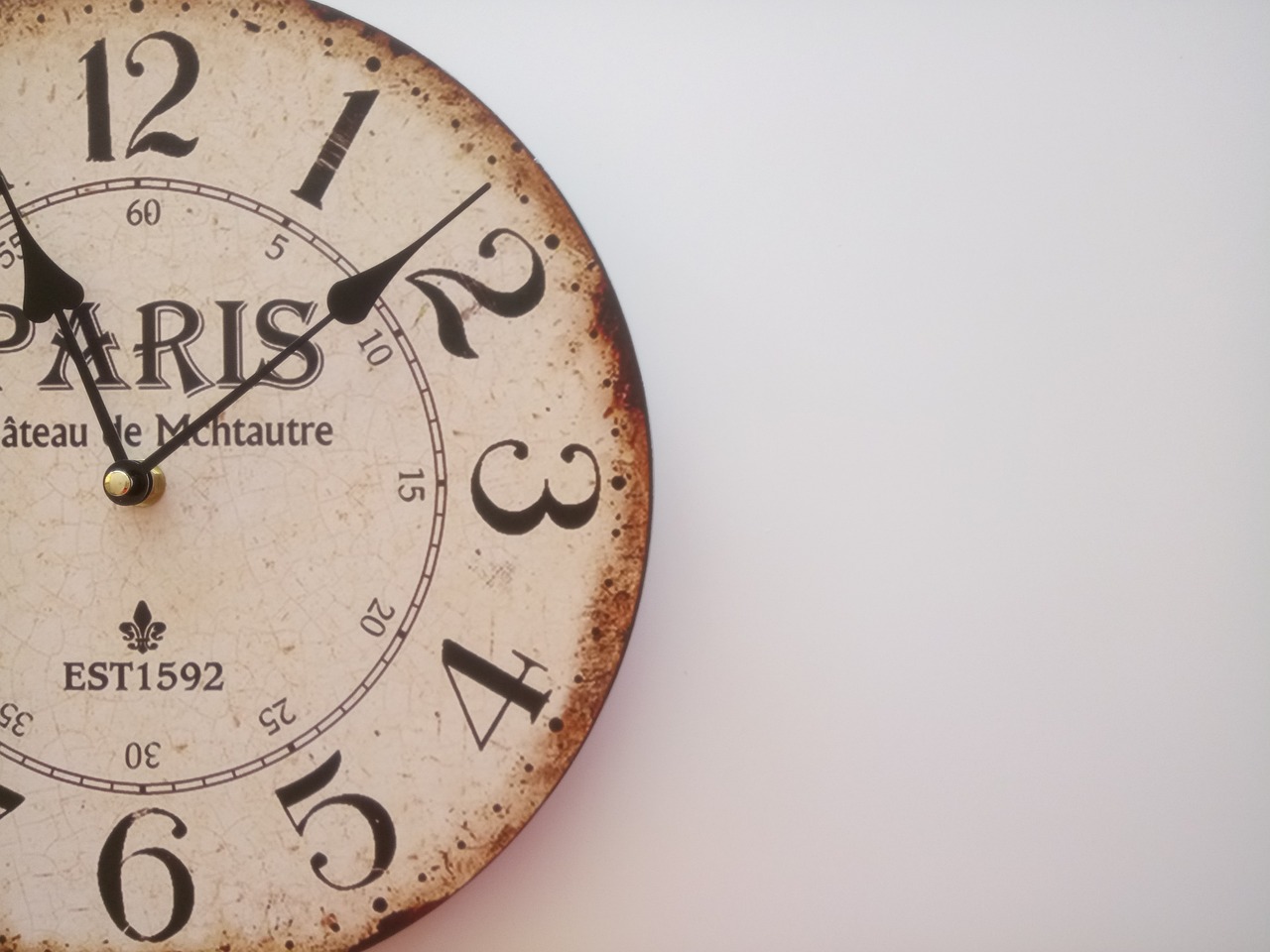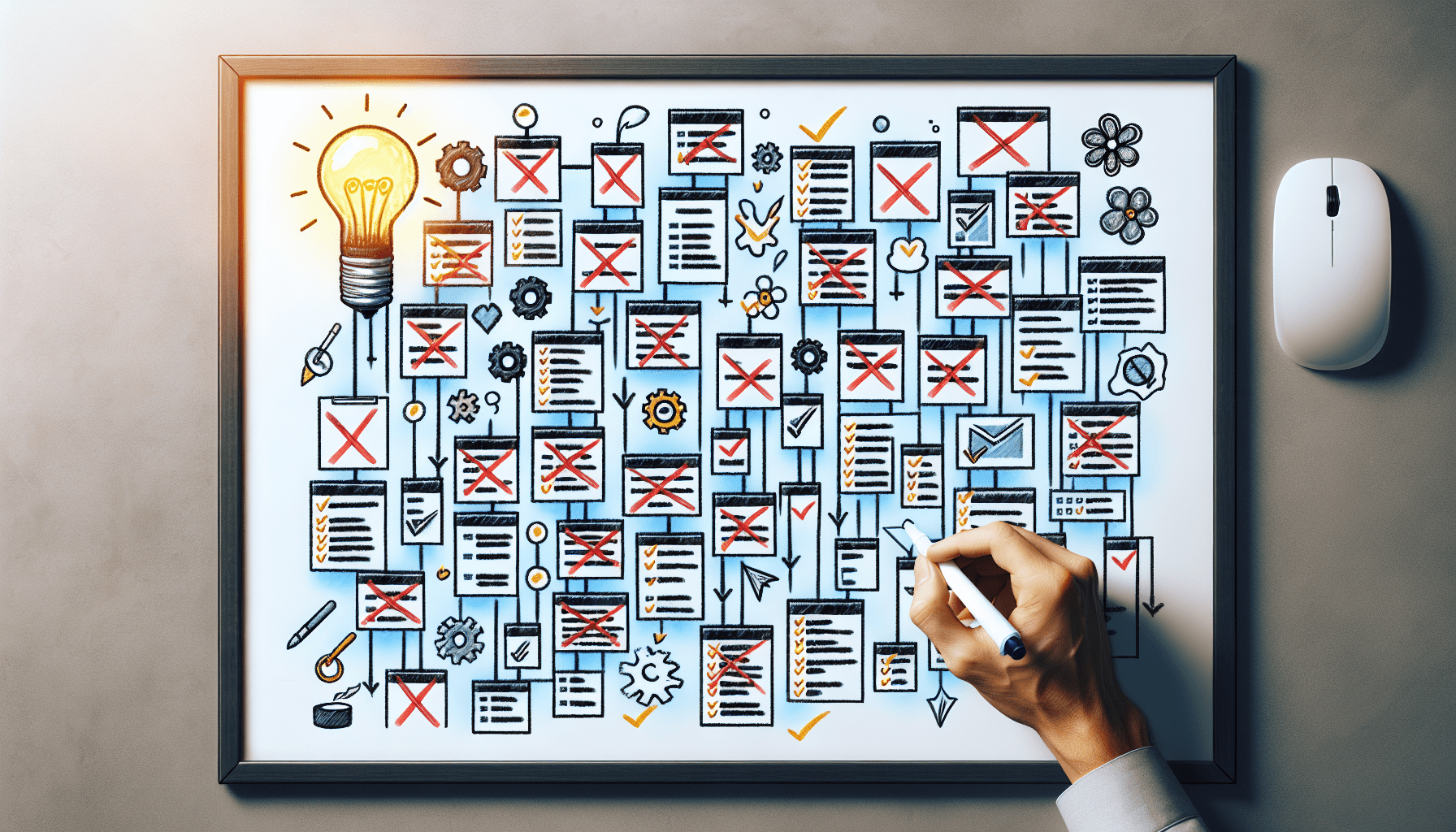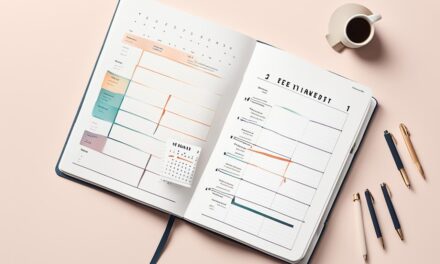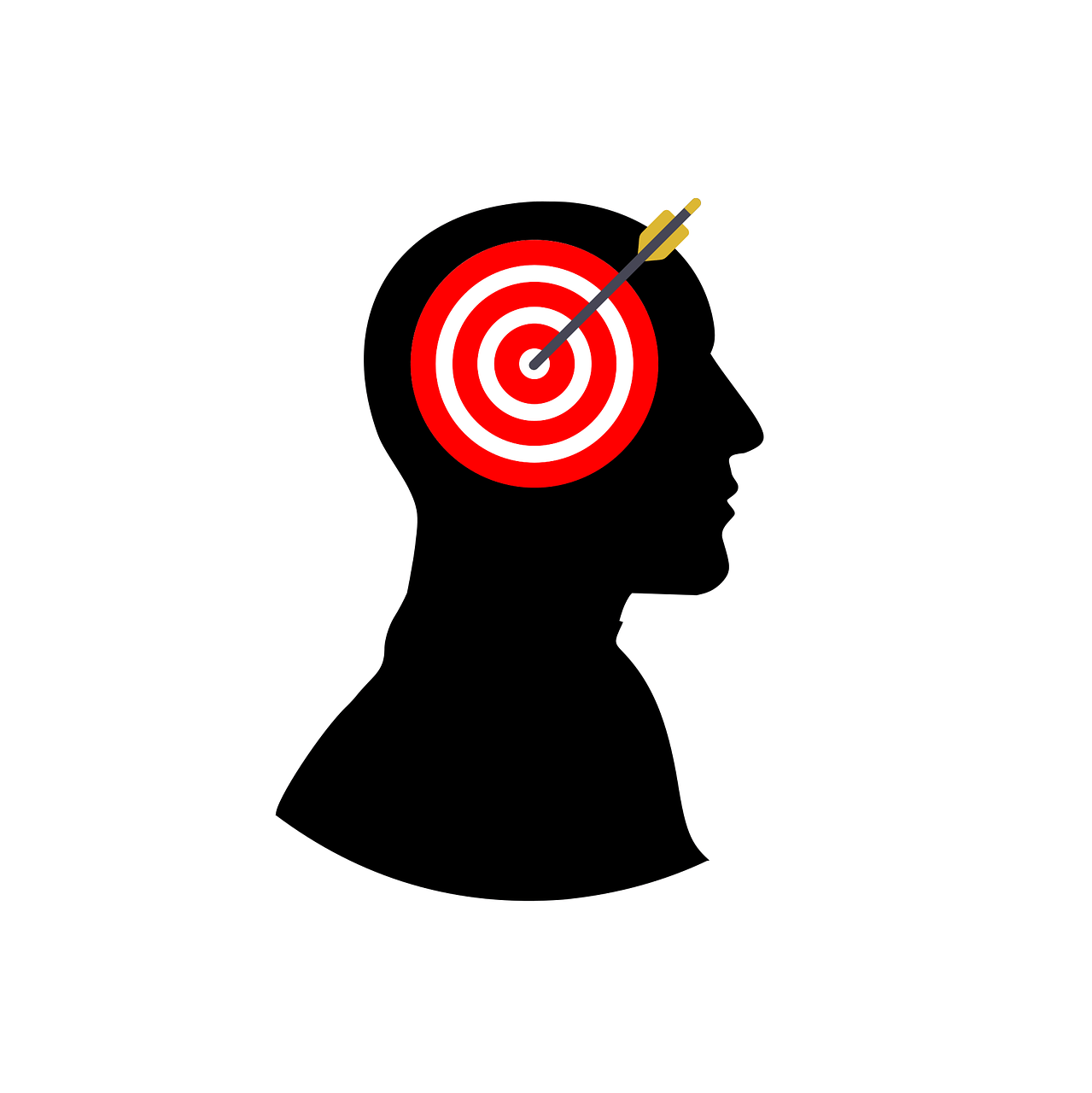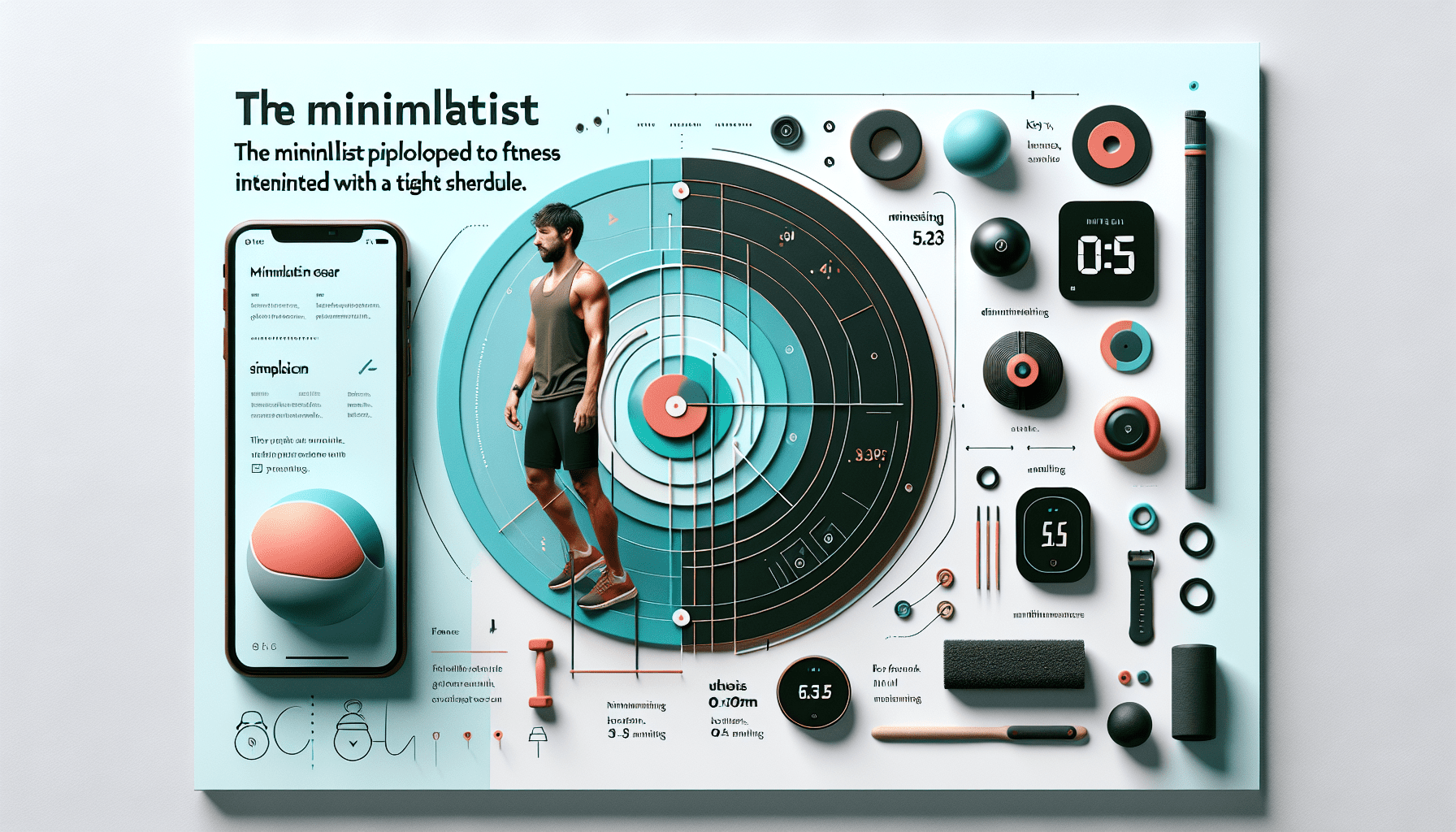
The Power Of Play: Incorporating Fun For Balance And Health

In today’s fast-paced world, finding a harmonious balance between work and personal life can often feel like an elusive quest. However, by incorporating the element of play into our daily routines, we can not only achieve better work-life balance but also improve our overall health and well-being. Taking breaks, engaging in leisure activities, and allowing ourselves moments of joy and laughter are essential for reducing stress and preventing burnout. This article explores the power of play and its significant impact on our mental, emotional, and physical health, ultimately leading to a happier and more fulfilling life.
Introduction
Finding a balance between work and personal life is crucial for your overall well-being and happiness. In today’s fast-paced world, it can be challenging to prioritize self-care and relaxation, leading to increased stress and burnout. However, by understanding the importance of work-life balance, embracing self-care, incorporating stress reduction techniques, and recognizing the power of breaks and downtime, you can create a more fulfilling life. In this article, we will explore these topics in depth and provide practical tips on how to incorporate fun and play into your daily routine for better balance and health.
Understanding work-life balance
Definition of work-life balance
Work-life balance refers to the equilibrium between your professional and personal life. It involves effectively managing your time, energy, and resources to fulfill both work-related commitments and personal responsibilities. Achieving work-life balance allows you to allocate enough time to work, family, friends, leisure activities, and self-care without feeling overwhelmed or neglecting any aspect of your life.
Importance of work-life balance
Maintaining a healthy work-life balance is essential for your mental, emotional, and physical well-being. It helps reduce stress, prevents burnout, improves overall job satisfaction, enhances relationships, and promotes a sense of fulfillment and happiness. A well-balanced life allows you to have the time and energy to pursue personal goals, engage in hobbies, spend quality time with loved ones, and take care of your physical and mental health.
Effects of imbalance on health and well-being
When work and personal life become unbalanced, several negative effects can arise. Chronic stress, anxiety, and exhaustion are common consequences of work-life imbalance. These can lead to decreased productivity, reduced creativity, strained relationships, and even physical health problems such as sleep disturbances, weakened immune system, and increased risk of cardiovascular diseases. It is crucial to recognize the signs of imbalance and take proactive steps to restore equilibrium for the sake of your health and well-being.
The importance of self-care
Definition of self-care
Self-care refers to deliberate actions taken to promote and maintain one’s physical, mental, and emotional health. It involves engaging in activities that nourish and rejuvenate you, prioritizing your well-being and needs. Self-care can take various forms, including practicing mindfulness, exercising, setting boundaries, seeking therapy, connecting with loved ones, engaging in hobbies, and taking time for personal reflection and relaxation.
Recognizing the need for self-care
Recognizing the need for self-care is crucial in achieving work-life balance and maintaining overall well-being. When you invest time and effort into taking care of yourself, you become better equipped to handle the demands of work and personal life. By acknowledging and prioritizing your own needs, you can effectively manage stress, prevent burnout, and improve your overall quality of life.
Benefits of self-care for overall well-being
Engaging in self-care practices has numerous benefits for your overall well-being. It helps reduce stress levels, promotes emotional well-being, boosts self-esteem, improves focus and productivity, enhances relationships, and increases resilience in the face of challenges. Taking care of yourself is not selfish; it is an essential component of maintaining work-life balance and leading a fulfilling and meaningful life.
The role of stress reduction
Understanding stress and its impact on health
Stress is a natural response to demanding situations, both at work and in personal life. However, chronic and excessive stress can have detrimental effects on your physical and mental health. It can contribute to the development of anxiety, depression, cardiovascular diseases, weakened immune system, sleep disturbances, and overall reduced quality of life. Recognizing and managing stress is vital to maintain work-life balance and promote optimal well-being.
Techniques for stress reduction
There are various techniques you can employ to reduce stress levels and foster a more balanced and harmonious life. Some effective stress reduction techniques include practicing deep breathing exercises, engaging in regular physical activity, practicing mindfulness and meditation, journaling, seeking support from friends or professionals, setting realistic goals, prioritizing tasks, and learning to say no when necessary. Experiment with different techniques to find what works best for you and integrate them into your daily routine.
The benefits of stress reduction on mental and physical health
Engaging in stress reduction activities on a regular basis has numerous benefits for your mental and physical health. It helps reduce anxiety and depression symptoms, promotes emotional well-being, improves sleep quality, boosts immune function, enhances cognitive abilities, and increases overall resilience. By effectively managing stress, you can improve your ability to handle challenges, increase productivity, and maintain a healthier work-life balance.
The importance of breaks and downtime
The need for breaks during work
Taking regular breaks during work is essential for maintaining productivity, focus, and overall well-being. Research shows that taking short breaks throughout the day allows your brain to recharge, improves concentration, prevents mental fatigue, and enhances creativity. By giving yourself permission to step away from work periodically, you can actually increase your efficiency and effectiveness in your tasks.
Benefits of taking breaks
Taking breaks has numerous benefits for your mental and physical well-being. It reduces stress levels, prevents burnout, improves mood and concentration, increases energy levels, enhances problem-solving abilities, and boosts overall job satisfaction. Breaks provide an opportunity to relax, recharge, and gain perspective, helping you maintain a healthy work-life balance.
Types of downtime activities for relaxation and rejuvenation
During breaks and downtime, engaging in activities that promote relaxation and rejuvenation is essential. Some examples of downtime activities include going for a walk, practicing yoga or meditation, listening to music, reading a book, engaging in a hobby, spending time in nature, socializing with friends or loved ones, or simply doing nothing and allowing yourself to rest. Experiment with different activities and find what brings you the most joy and relaxation.
Understanding the power of play
Defining play and its significance
Play can be defined as any activity that brings joy, amusement, and a sense of fun. It is an essential aspect of human life and holds great significance for our overall well-being. Play allows us to express creativity, develop problem-solving skills, build social connections, reduce stress, and enhance our mental and physical health. Embracing play in our lives can lead to increased happiness, decreased stress, and improved work-life balance.
The role of play in promoting psychological well-being
Engaging in play has a profound impact on our psychological well-being. It helps reduce anxiety and depression, boosts mood and self-esteem, increases resilience, fosters creativity and problem-solving abilities, enhances social connections, and promotes a sense of joy and fulfillment. Through play, we can tap into our inner childlike spirit and experience the benefits of laughter, spontaneity, and exploration.
Physical health benefits of incorporating play
Play not only benefits our psychological well-being but also has positive effects on our physical health. Physical activities such as sports, dancing, and outdoor games are forms of play that contribute to improved cardiovascular health, increased stamina, enhanced coordination, and strengthened muscles and bones. By incorporating play into our lives, we can reap the rewards of improved physical fitness and overall well-being.
Incorporating play into daily life
Finding time for play
Finding time for play in our busy lives can be challenging but is essential for achieving work-life balance. It requires setting aside dedicated time each day or week to engage in activities that bring joy and amusement. Prioritize play in your schedule, just like you would prioritize work or personal responsibilities. By consciously making time for play, you can enhance your overall well-being and create a more harmonious life.
Identifying activities that bring joy and amusement
Each person has unique preferences when it comes to play and leisure activities. Identifying activities that bring you joy and amusement is key to incorporating play into your daily life. Reflect on activities that you loved as a child, explore new hobbies, try different sports or games, engage in creative outlets such as painting or music, or simply spend quality time with loved ones. Experiment with different activities and find what resonates with you the most.
Creating a play-friendly environment
Creating a play-friendly environment is crucial in making play a natural part of your daily life. Surround yourself with items and elements that inspire playfulness, creativity, and enjoyment. Decorate your living space with colorful and playful decor, keep toys or games easily accessible, incorporate music and dance into your routine, and cultivate an atmosphere of fun and playfulness. By consciously designing your environment to support play, you can foster a more balanced and enjoyable life.
Play as a tool for work-life balance
Utilizing play to enhance productivity and creativity
Incorporating play into your work routine can have a significant impact on your productivity and creativity. Engaging in playful activities, such as brainstorming sessions, team-building exercises, or incorporating gamification elements, can spark new ideas, enhance problem-solving skills, boost motivation, and increase overall job satisfaction. By infusing play into your work environment, you can achieve better work-life balance while also improving your professional performance.
How play can facilitate better relationships
Play not only benefits your individual well-being but also plays a vital role in building and strengthening relationships. Engaging in playful activities with friends, family, or colleagues fosters connection, strengthens bonds, and promotes a sense of unity. Playful interactions allow for authentic and enjoyable experiences, leading to better communication, conflict resolution, and overall relationship satisfaction. By incorporating play into your interactions, you can cultivate healthier and more fulfilling relationships.
Promoting work-life balance through play
Integrating play into your life is a powerful way to promote work-life balance. By prioritizing and engaging in playful activities, you can create a sense of joy and fulfillment in both work and personal life. Allocating time for play, embracing creativity, finding pleasure in daily tasks, and focusing on enjoyable experiences can help you achieve a greater balance, reduce stress, and foster overall well-being.
Gift ideas to incorporate fun and play
Board games and puzzles
Board games and puzzles are excellent gifts that promote fun and play for individuals or families. They provide an opportunity for quality time, friendly competition, problem-solving, and laughter.
Sports and outdoor games
Encourage physical activity and playfulness by gifting sports equipment or outdoor games. Items such as a basketball, a frisbee, or a badminton set can inspire individuals or groups to engage in playful exercise.
Artistic and creative activities
Artistic and creative activities are wonderful options for promoting fun and play. Consider gifting art supplies, coloring books, or even a craft kit to inspire creativity and relaxation.
Music and dance
Music and dance are fantastic avenues for play and self-expression. Consider gifting a musical instrument, a dance class membership, or portable speakers for individuals to enjoy music and dance wherever they go.
Books and reading
Books and reading can provide a gateway to imagination and playfulness. Choose books that align with the recipient’s interests, whether they prefer fiction, non-fiction, or self-help genres.
Travel and exploration
Encourage adventure and playfulness by gifting travel experiences or exploration opportunities. Whether it’s a weekend getaway, a hiking trip, or a visit to a local attraction, these gifts can inspire excitement and play.
Gadgets and technology for play
There are countless gadgets and technological devices that promote play. Consider gifting virtual reality games, gaming consoles, or innovative gadgets that encourage play and creativity.
Socializing and group activities
Gifts that encourage socializing and group activities can be great for promoting play. Consider options like party games, tickets to events, or memberships to social clubs.
Pet companionship
Pets bring immense joy and playfulness into our lives. Consider gifting a pet or pet-related accessories to individuals who are open to the responsibilities and rewards of pet companionship.
Mindfulness and meditation tools
Gifts that promote mindfulness and meditation can also encourage playfulness and relaxation. Options like meditation apps, yoga mats, or stress relief toys can help individuals incorporate play into their relaxation routines.
Conclusion
Incorporating fun and play into your daily life is crucial for achieving work-life balance and maintaining optimal physical and mental well-being. By understanding the importance of self-care, stress reduction, breaks and downtime, and the power of play, you can create a more fulfilling and harmonious life. Embrace the joy and amusement that play brings, prioritize self-care, and make time for activities that bring you happiness. Remember, finding balance and prioritizing your well-being is not only beneficial for you but also for those around you.

